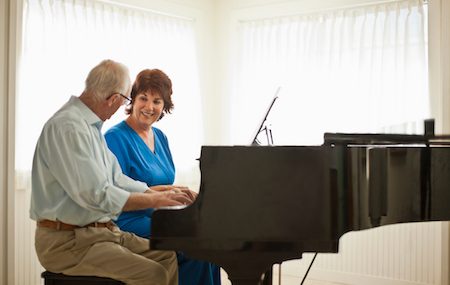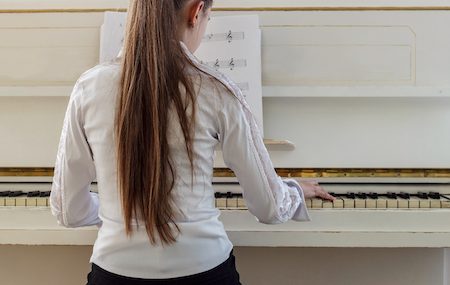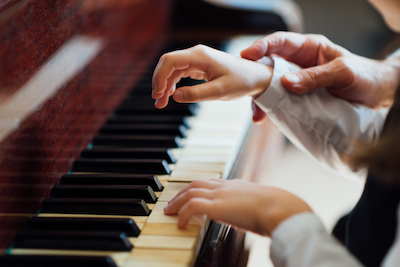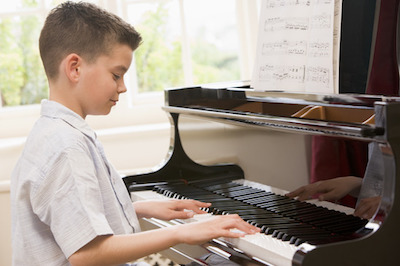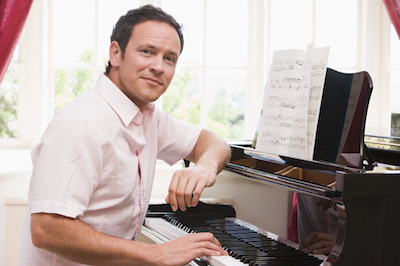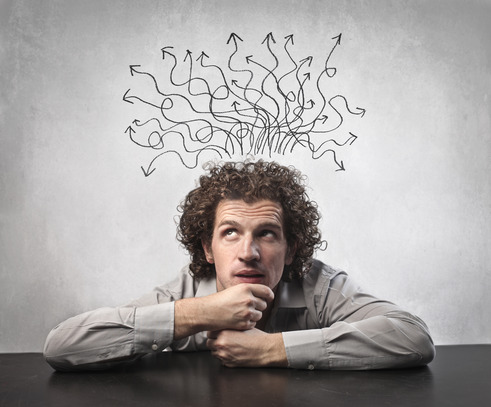People learn to play the piano for many different reasons:
- To create music
- To learn the classics
- To pursue a career in music
- To increase memory skills
- To play a favorite song
It’s usually about the music. But there may be another reason too. Studies consistently show that if you want to improve your health, learn to play the piano.
We’ve become more aware in recent years of the importance of mental health. Playing the piano helps people relax, experience less anxiety, and overall have less stress. Want even more benefits for playing the piano?
Stress relief – sitting down at the keyboard gives you an outlet for your stress. Pour out your anxiety into your music and let the stress fall away.
Confidence – as you work through a song, you’ll discover your “can do” attitude improves as you accomplish more with your music.
Memory – it takes a lot of coordination to play with both hands while reading music in front of you. As you work your way through harder music, you’ll find your memory improves too.
Multi-tasking – working two hands together while they are each doing different things can seem a bit challenging at first. But the more practice you have, the more you’ll find your mind stays on track with several tasks at hand.
Focus – pay attention to the rhythm, tempo, music, and how your body moves to the song. Block everything else around you, feeling how the music moves through you. You’ll be able to bring these skills forward into other areas of your life.
Playing the piano should never cause pain. As you move forward, a teacher can ensure you use proper technique, and gain all of the benefits of playing the piano correctly.
And enjoying playing the piano for life.

